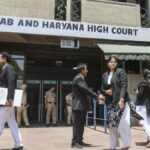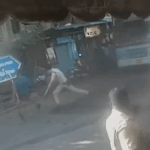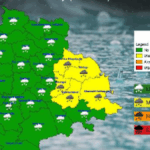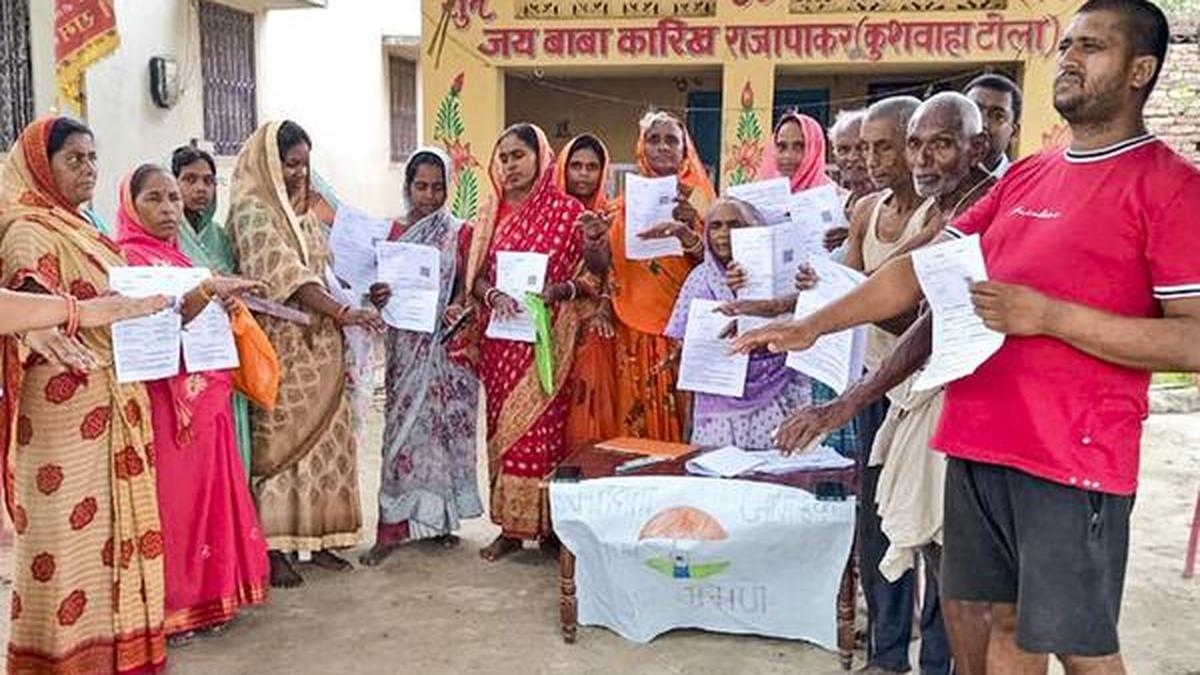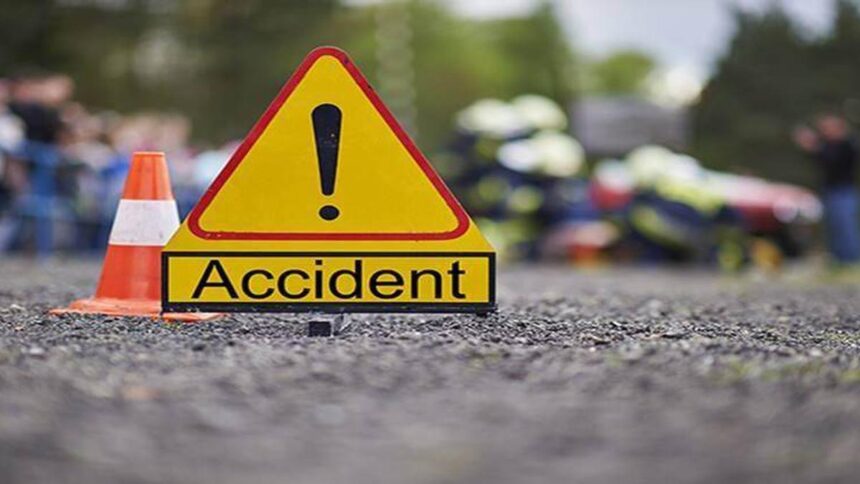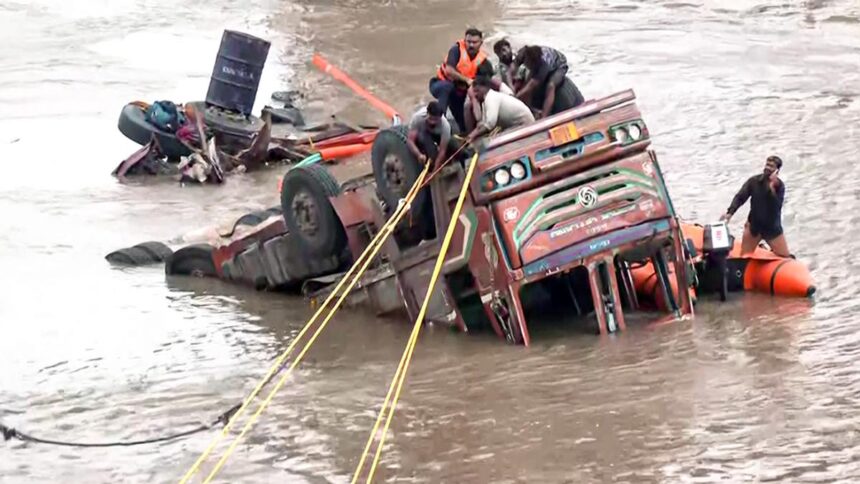Story so far: Four months before the Bihar state elections, the Election Commission of India (ECI) has kicked off a Special Intensive Revision (SIR) of the electoral rolls in the State. The exercise aims of the SIR are to ‘ensure that no eligible citizen is left out while no ineligible person is included in the Electoral Roll’. The enumeration drive, which began on July 1, will see the draft electoral roll published on August 1 and the final roll on September 30 after disposal of claims and objections.
Also Read: Bihar voter list row hearing updates
“20% of the population, who migrate in search of livelihood, are in danger of losing their voting rights. The purpose of this exercise is exclusion rather than inclusion,” warned Rashtriya Janata Dal (RJD) leader Manoj Jha. Congress MP Abhishek Singhvi questioned if revision of over eight crore voters could be carried out in just two months, asking, “The 2003 revision was held well in advance of national and State elections. Why choose to do this at the cusp of the elections?”
Responding to concerns, Chief Election Commissioner (CEC) Gyanesh Kumar assured that the revision being undertaken after a gap of 22 years is running as per schedule with the active participation of all political parties. ECI also uploaded the 2003 Electoral Roll of Bihar, comprising details of 4.96 crore electors – thus eliminating the need for any documentation from them. Also, those born after 1987 need not give the proof of birth of their parents if the latter’s names figure in the 2003 rolls.
Here’s a look at the SIR, its history, intent and ramifications
What is SIR and how is it being conducted?
Invoking the Constitution’s Article 324 and the Representation of People Act, 1950, the ECI has directed a ‘revision’ of the electoral rolls in Bihar, marking July 1, 2025 as the qualifying date. Split in multiple phases, the SIR will comprise physical verification of Bihar’s eligible electors, restructuring of polling stations, updation and preparation of revised electoral rolls, decide on claims and final publication of electoral rolls.
Here’s the breakdown
- Trained Booth level officers (BLO) will distribute, help filling enumeration forms to existing electors (4.89 crore), visiting door-to-door. BLOs will also collect enumeration forms and and give recommendation on each form. Last date for submission in July 25, 2025.
- Polling booths will be re-arranged as per requirement and boundaries of constituencies will be finalised. Each polling must preferrably not contain more than 1200 electors.
- Electoral rolls will be updated as per the filled enumeration forms and a draft electoral roll will be published on August 1, 2025.
- Between August 1 and September 1, anyone who have objections or claims in response to the draft electoral rolls can file them
- By September 25, a decision on the filled enumeration forms as well as the claims filed will be taken.
- Final electoral roll will be updated in the database and published on September 30, 2025

During enumeration, those who already feature in the 2003 electoral roll need to just submit their filled enumeration forms. Others will have to provide one of the eleven listed documents as proof. These are government employee card/pension order, any government-issued ID priorto July 1, 1987, birth certificate, passport, recognised educational certificate, permanent residence certificate, forest rights certificate, Caste certificate by a competent authority, National Register of Citizens, family register or any land/house allotment certificate by government.
Commonly used IDs such as voter IDs, PAN, Aadhaar, ration cards and MGNREGA cards do not feature in the list. However, a Supreme Court bench hearing pleas against the SIR exercise asked ECI to consider these commonly used IDs as proof.
Jan Suraaj Party (JSP) – a Bihar-based party founded by poll strategist Prashant Kishor, has questioned the odd choice of documents required. “People who don’t even have a thatched roof over their heads are expected to keep their dead parents’ birth certificates with them,” told Mr. Uday Singh, JSP National President to The Hindu.
“Documents which are the easiest to access like Aadhar card, Labour card or MGNREGA card are not listed. Bihar has the lowest birth registration rate and poor literacy. These citizens are expected to produce passports, birth certificate instead (of the above-mentioned ID proofs),”adds Mr. Singh.
Highlighting Bihar’s social indices, Akhtar Iman, All India Majlis-e-Ittehadul Muslimeen’s (AIMIM) Bihar president says, “In 1987, birth registration was a mere 2%, it then increased to 15% and now, even when the national average is at 62%, we are 40%. Half of Bihar’s population – i.e., labourers, Dalits, and the extremely backward class have no such documents. All these restrictions seem like an attempt to exclude poor, backward voters”.
In response, ECI had issued advertisements in Patna newspapers on July 6, telling electors, “If you are unable to provide the required documents, the Electoral Registration Officer (ERO) can take a decision on the basis of local investigation or other documentary evidence.”
“What the ECI says is both reassuring and worrying. This is not a new power being given to the ERO, it has always been there. However, this gives rise to a suspicion that if the ERO is allowed to use his discretion, whether or not he will be biased towards one section of society. It is everybody’s apprehension that is perhaps designed towards that,” says Mr. Singh. Jan Suraaj Party may become an Interlocutor at some point if necessary, adds the party chief.
As Opposition highlighted that this relaxation showed the ‘pressure under which ECI was’, the poll body stated that electors will get more time to submit documents.
When were electoral rolls revised before?
The ECI has stated that such SIR were previously conducted in 1952-56, 1957, 1961, 1965, 1966, 1983-84, 1987-89, 1992, 1993, 1995, 2002, 2003 and 2004 in all or some parts of the country for fresh preparation of electoral rolls.
In Bihar, the last SIR was conducted in 2003. As is the case in the current drive, the SIR was done in 31 days, without the technological support available today. Moreover, before the polls, electoral rolls were revised as per the regular cycle in 2005. Bihar EC found 70,000 ‘duplicate names’ in Patna alone, and persons with non-bailable warrants who were featured in the electoral rolls were removed during the process, reported The Hindu.
“In 2002-2003, SIR was conducted two years prior to the polls. Why are they conducting this SIR just 3-4 months before polls now? Why are legal voters listed in 2002 being asked to produce their birth certificates? The three types of documents needed for those born prior to 1987, 2003 and post-2004 and the necessity to show birth certificates of their parents have no basis,” says Mr. Iman.
“I am from Bihar and do not have a birth certificate. How can you expect labourers working in other states to produce them. Labour unions across India are protesting this SIR,” a senior poll strategist at I-PAC tells The Hindu.
The latest revision of electoral rolls was done in the Special Summary Revision drive between June 2024 and January 2025. A final draft of the electoral rolls was published in January this year, while a supplement revision was published in April.
“Every election cycle in India starts from Bihar and ends with Delhi. So, who is responsible for not deleting bogus voters from electoral rolls? It is the EC. The question is why SIR was not done before 2009, 2014, 2019, 2024 Lok Sabha polls”, asks I-PAC’s senior strategist.
Who can benefit from SIR?
JSP asserts that his party is not questioning the EC’s powers to do so, Mr. Singh says, “When you had the 2024 election and nobody complained about ghost voters here. So, it is curious for the EC to wake up now, when rains are battering Bihar”.
Noting how former Chief Election Commissioner Rajiv Kumar said polls should have not be held in peak summer, Mr. Singh says weather plays a role in polling process. He adds, “But now, the new Election Commissioner seems to have forgotten all this. Half of my state is under water now, people are moving to higher ground and shelters and this (SIR) is happening now. Most Biharis work outside the state and to expect them to come here physically for this verification is cruel”.
While electoral rolls in India have always included people over 18 years from their ordinary place of residence, this time the EC is looking into the place of birth. An I-PAC strategist explains: “ Now, they are prioritizing place of birth – an American concept. In India, one needs to be a citizen, not born here to stand for elections,” he says.
AIMIM feels that this SIR will help the NDA. “If bogus voting were suspected in 2024 elections, were the results not verified? If the 2024 elections were accepted as fair by all, why not allow the 2025 elections happen and then conduct an SIR?,” asks Mr. Iman.
The AIMIM chief also highlights that the EC has allowed the BLO to attempt three visits to a voter’s house to verify his details and make a recommendation accordingly. “This is the first time a voter’s citizenship is under scrutiny. When did EC get powers to question a person’s citizenship?,” he asks.
Similarly, I-PAC’s senior strategist feels it is the Mahagathbandhan that will see its voters excluded via SIR. “Generally, BJP voters are from urban, upper caste and upper-middle-class communities. Extremely Backward class voters (EBCs) which are the target voter groups of JD(U) and Jan Suraaj are also in a threatening position. Also, it is not a Hindu-Muslim thing but generally voters lower in the social strata are under threat of exclusion,” he explains.

Fears of NRC
Most parties and poll strategists fear that the SIR may be an attempt to conduct a state-wide NRC in Bihar – a move opposed by most. Moreover, NRC has been listed as one of the eleven documents proving voters’ eligibility.
“When NRC has not been conducted in Bihar, why list it? 70% of Bihari youth are currently working as farm labourers in Punjab and Haryana. 7-8 districts in North Bihar are flooded now. We fear that there is an attempt to door NRC via back door, exclude certain population of voters and discriminate against poor, backward voters under the pressure of the NDA,” says Mr. Iman.
Claiming that even poor and backward voters of NDA are protesting against SIR, he terms the move a ‘tughlaqi farman’ (dictatorial order) to trouble voters.
“All key stake-holders must have been consulted before such a drive was conducted. For electoral reform, EC should understand ground reality, build consensus at the bottom and then implement. Currently, it is being pushed hurriedly and in a dictatorial fashion,” says the strategist. He adds that not even the BLOs are facing tremendous pressure and are receiving no support from the ground.
“While main purpose seems to be electoral reform, we cannot reject the possibility of a back-door NRC. Voters in Kishanganj, Araria, Katihar, Seemanchal region and those close to the ‘chicken neck’ (areas bordering the North-Eastern states) can be targetted,” explains I-PAC’s senior strategist. Amid Opposition MPs flagging risks of ‘mass disenfranchisement’ via SIR, the Supreme Court is currently hearing petitions challenging the drive.



